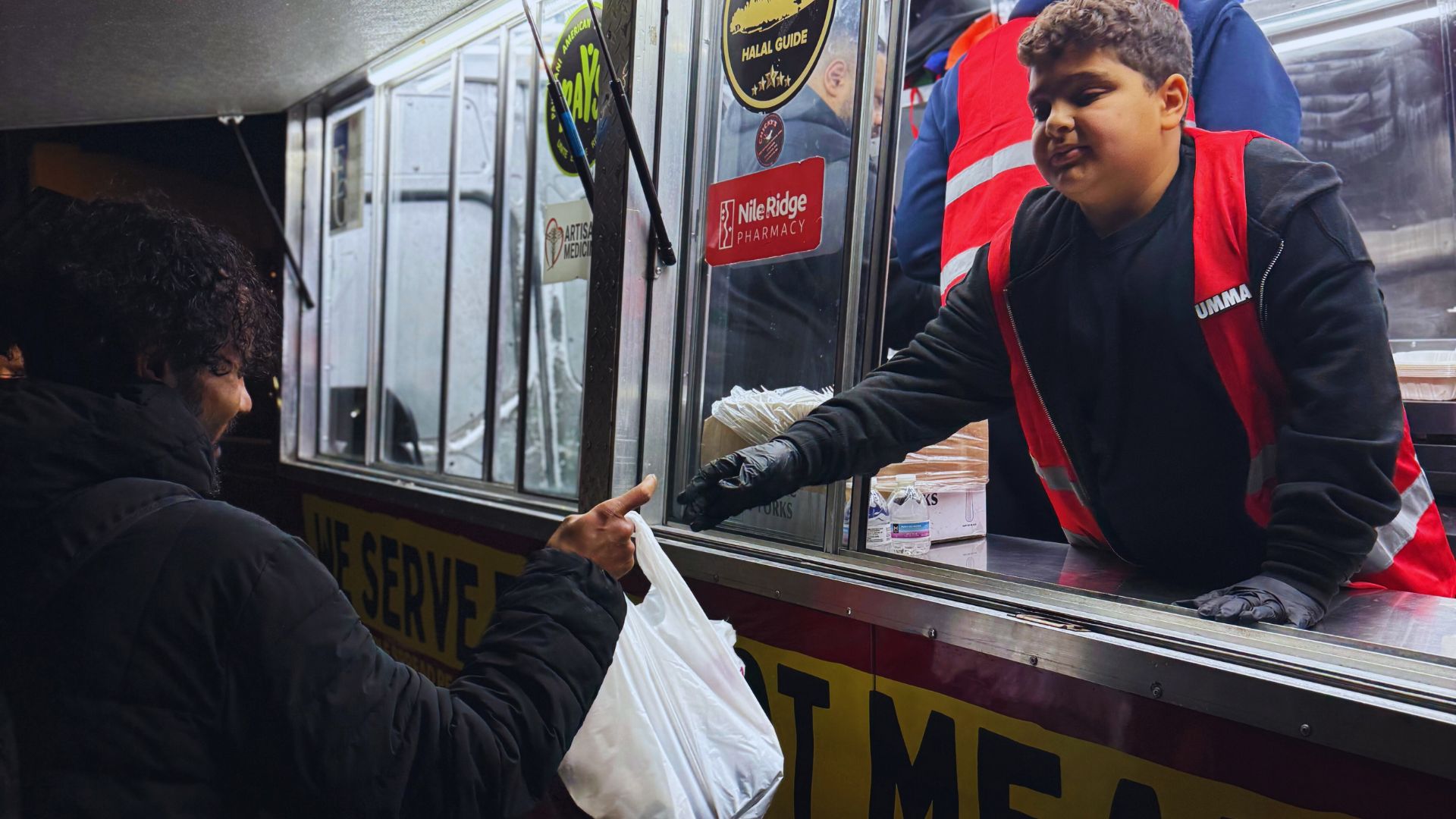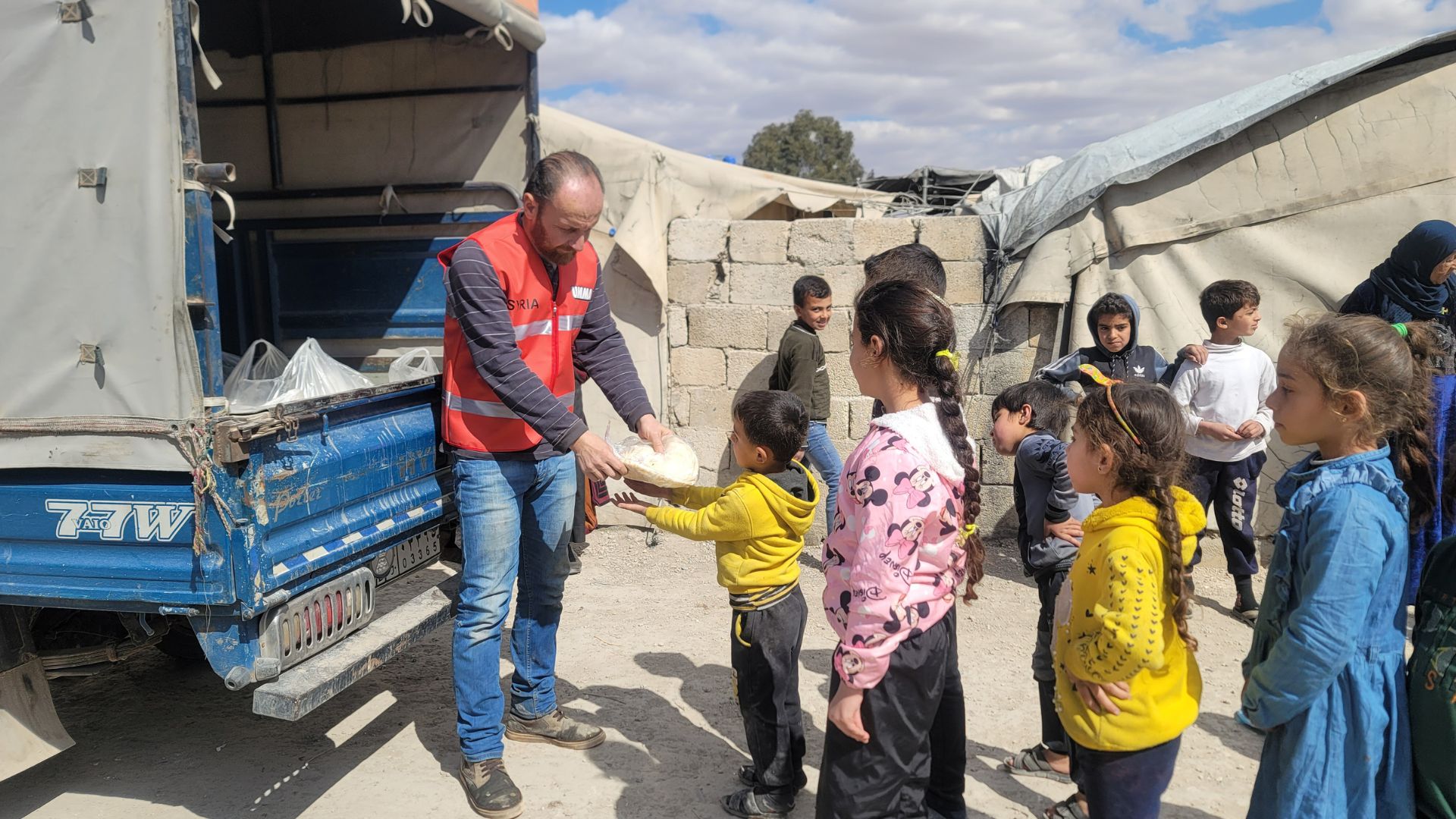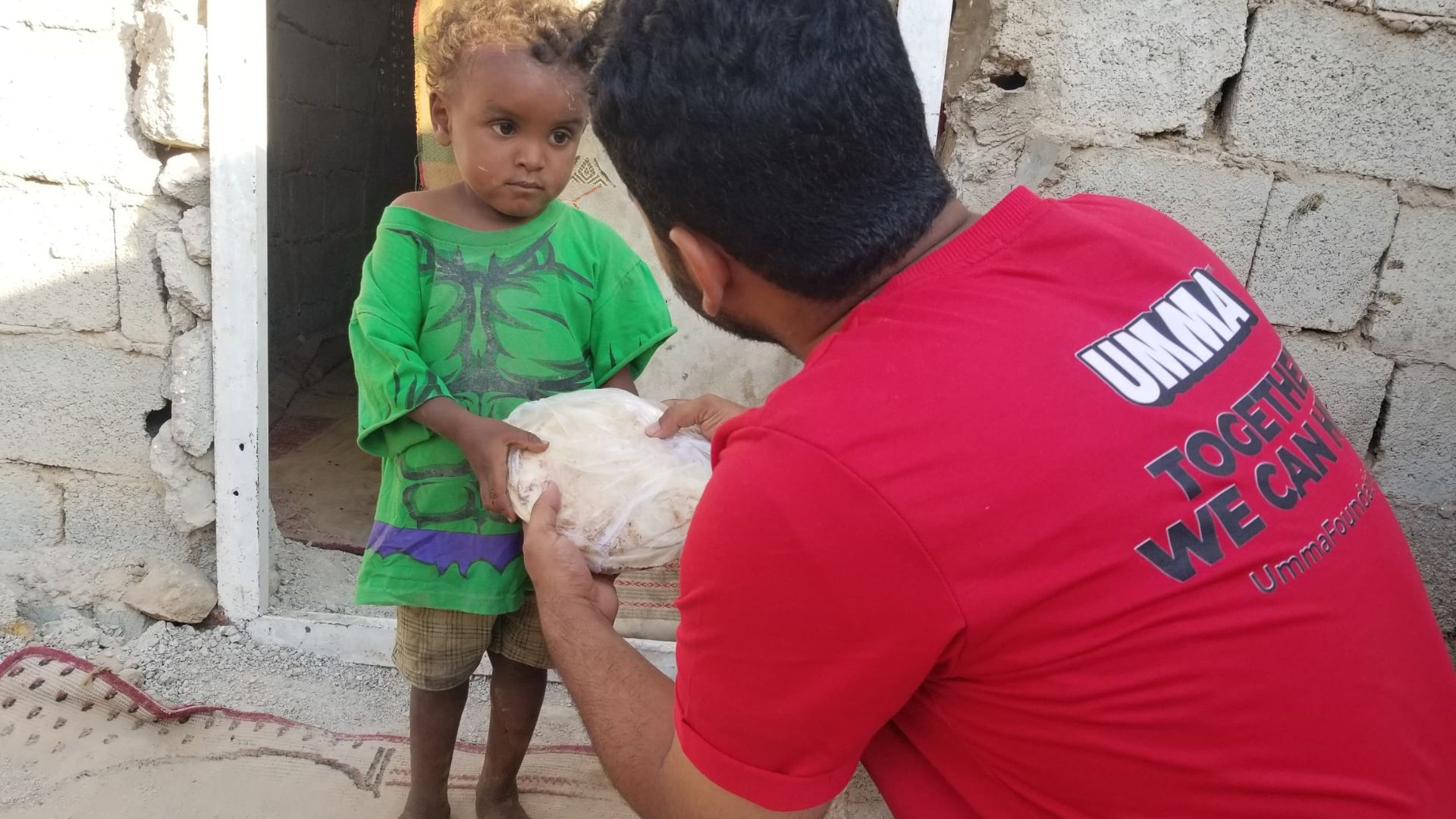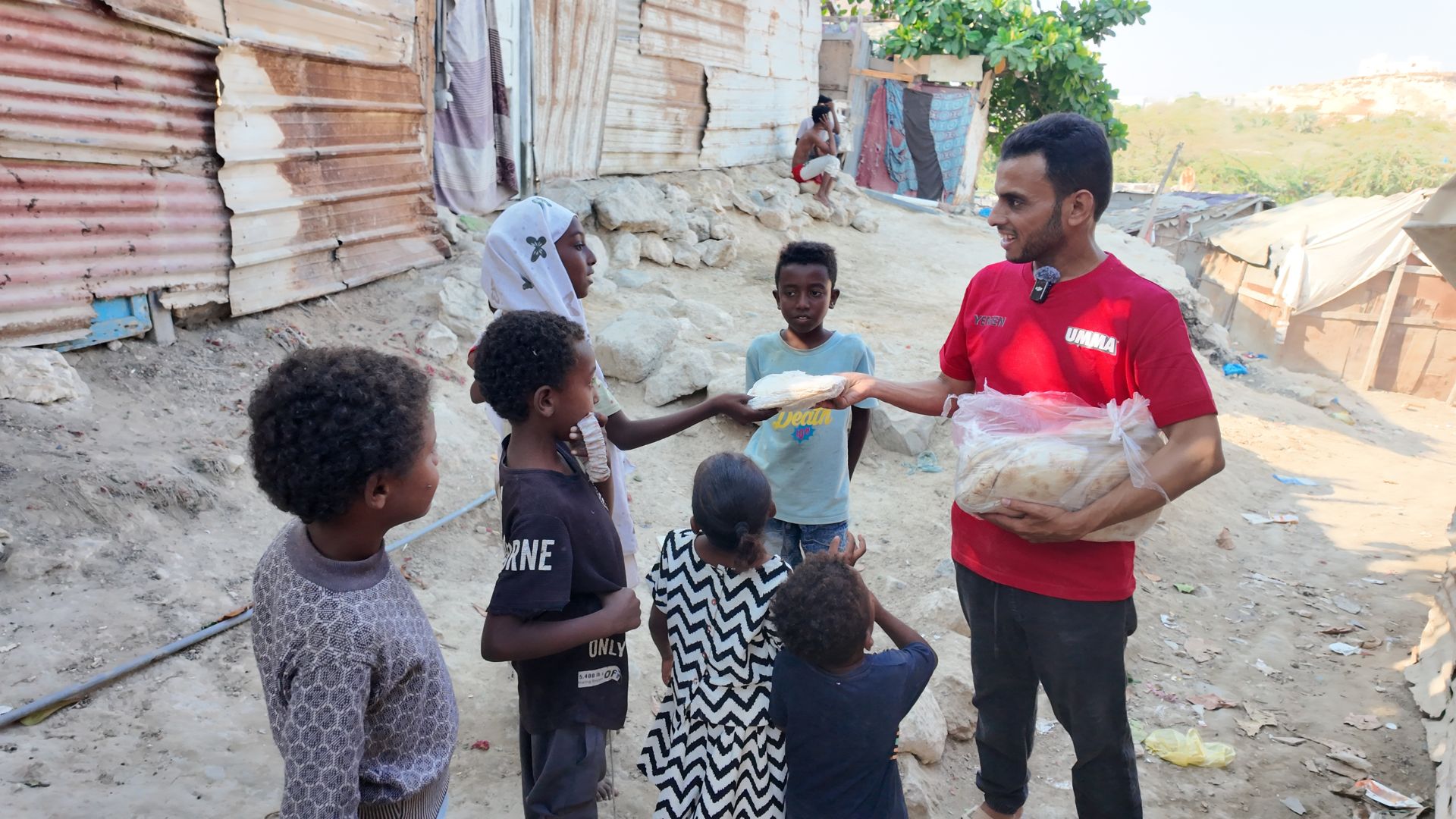Introduction
As food insecurity rises across the globe and in our own neighborhoods, halal food drives are becoming essential for meeting the dietary and spiritual needs of Muslim families in need. Organizing a halal food drive not only helps fight hunger but also strengthens your community's sense of compassion and solidarity.
This guide will walk you through the steps to start a halal food drive—from planning and promotion to donation and distribution—while keeping your initiative faith-aligned, impactful, and accessible.
Why Halal Food Drives Are Important
Many Muslim families cannot rely on traditional food banks due to the absence of halal-certified or culturally appropriate food. According to Feeding America, more than 34 million people in the U.S. experience food insecurity—including thousands of Muslims.
Mainstream food pantries often lack options that are halal, meaning permissible according to Islamic dietary law. As a result, well-intentioned food donations can go unused. Halal food drives ensure that support provided to struggling families is both nutritious and religiously acceptable. They also raise awareness around equity in charitable food access.
By starting a halal food drive, you're helping to:
- Provide access to permissible, nourishing meals
- Support refugees, single mothers, and low-income families
- Build bridges between local mosques, schools, and neighborhoods
- Encourage Sadaqah and Zakat through direct giving
Step-by-Step: How to Start a Halal Food Drive
1. Set Clear Goals and a Timeline
Start by defining the purpose of your food drive. Are you targeting general food insecurity? A specific seasonal campaign like Ramadan or winter aid? Clarify how many families or individuals you aim to support.
Create a simple timeline for:
- Launch and promotion
- Collection period (usually 2–4 weeks)
- Sorting and distribution
Setting goals keeps your team motivated and helps donors understand the impact of their contribution.
2. Choose the Right Location
Identify highly visible and accessible drop-off locations in your community. This increases participation and ensures food collection is easy and safe.
Recommended sites include:
- Local masjids (mosques), especially during Friday prayers
- Islamic schools and cultural centers
- Muslim-owned businesses and halal grocery stores
- Community nonprofits like Umma Foundation
Secure permission from site managers and provide clear signage and collection bins.
3. Create a Halal Food List
To ensure consistency and religious compliance, provide donors with a list of acceptable halal-friendly items. Prioritize shelf-stable, nutritious foods with high cultural relevance.
Examples include:
- Grains: rice, flour, pasta
- Canned goods: halal-certified meats, beans, chickpeas
- Staples: cooking oil, sugar, salt
- Extras: dates, tea, baby formula
Refer to organizations like ICNA Relief or Masbia Soup Kitchen for halal pantry guides.
4. Promote Your Food Drive
Even the best-planned drive will fall short without outreach. Use a mix of physical and digital tools to spread awareness.
Promotion ideas:
- Print flyers to share after Jummah prayers
- Create social media posts with details and drop-off locations
- Announce during khutbahs or Friday prayers
- Ask local imams or community leaders to endorse your initiative
Encourage donors by highlighting that it’s a Zakat-eligible or Sadaqah-aligned act.
Internal Link: Learn how Yala Restaurant supports food relief through a 100% nonprofit model.
5. Collect, Sort & Store Safely
Once donations arrive, your team should be ready to organize the items. Safe handling, sorting, and storage help prevent waste and ensure all food is usable.
Best practices:
- Check expiration dates and inspect packaging
- Group items by category for easy distribution
- Label any allergen-containing foods clearly
- Store in a clean, cool, dry place with limited access
If your space is limited, partner with a local masjid or warehouse space.
6. Distribute With Dignity
Distribution is more than logistics—it’s a moment of human connection. Make families feel welcome, respected, and valued.
Options include:
- Pre-scheduled pick-up days at local masjids
- Door-to-door delivery for elderly or homebound individuals
- Coordination with refugee or housing organizations
Partner with trusted groups such as:
Bonus Tips
To make your drive more effective:
- Include printed duas or resource cards in food packages
- Combine the food drive with a warm meal distribution at a masjid
- Ask local restaurants to sponsor or donate meals for volunteers
- Record testimonials or impact stories (with consent)
Remember, every act of giving spreads barakah (blessing).
Final Thoughts
Halal food drives are one of the simplest, most spiritually rewarding ways to serve your community. Whether you're collecting a few bags of rice or stocking shelves at a masjid pantry, your effort can directly feed those who would otherwise go hungry.
Launching a drive not only supports the physical needs of your neighbors—it also reinforces community bonds and uplifts Islamic values of compassion, service, and justice.
🌱 Ready to launch your first drive? Visit ummafoundation.org/contact to collaborate or get help organizing a local campaign.











